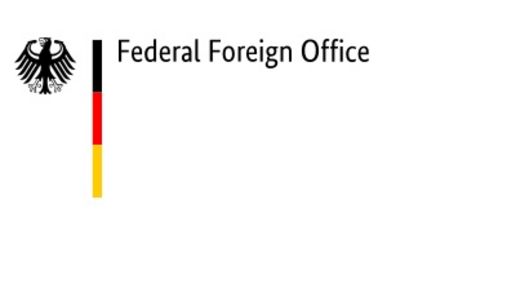Helmut-Schmidt-Programme (Public Policy and Good Governance, PPGG)

The Helmut-Schmidt-Programme supports future leaders from developing countries who strive to promote democracy and social justice.
Background
Poor governance affects all social sectors and has a direct effect on each individual citizen. Violent conflicts threaten basic human rights. Fundamental rights to education, equality, and social security are absent or inadequate, opportunities to plan one’s own future are unevenly distributed. Poor governance often inhibits political, economic, and social development in countries of the Global South.
In the context of the Helmut-Schmidt-Programme, future leaders in politics, law, business, and administration study for further academic qualifications. With a focus on practice, they prepare for their future professional careers following the principles of good governance.
The programme offers highly qualified graduates the opportunity to gain a master’s degree in subjects that are of particular importance for the social, political and economic development in their countries of origin. Support is available for promising young professionals and managerial staff from developing and emerging countries.
Programme objectives
The aim of the programme is to train future leaders from the above-mentioned regions to play an active role in the further social and economic development of their home countries.
Scholarship holders are expected to use the knowledge and experience acquired in Germany to contribute to establishing democratically oriented economic and social systems aimed at overcoming social disparities in their home countries. Thus, the DAAD programme should contribute to supporting good governance and civil society structures in the partner countries and regions.
Also, training at German higher education institutions should provide special opportunities to qualify scholarship holders as contact partners for German politics and industry.
Funded projects/measures and partners involved
Under the programme, scholarships are awarded for master’s degrees at German higher education institutions. In addition, support is available for study periods abroad, work placements, and participation in networking events. Funds are also made available to the higher education institutions for intensive measures to support the scholarship holders.
The following higher education institutions and master´s degree courses are participating in the programme:
- University of Applied Sciences Bonn-Rhein-Sieg, Social Protection
- University of Duisburg-Essen, Development and Governance
- Erfurt School of Public Policy, Public Policy
- University of Magdeburg, Peace and Conflict Studies
- Osnabrück University of Applied Sciences, Management in Nonprofit Organisations
- University of Passau, Development Studies
- University of Passau, Governance and Public Policy
Results
The training of young professionals and managerial staff has been very successful; since 2009 around 800 scholarship holders from more than 100 countries successfully completed their master’s degree in Germany. As can be seen in the number of female students (45 per cent), there is a well-balanced gender distribution in the programme. Among other openings, graduates from the Helmut-Schmidt-Programme find positions in ministries in their home countries, in UN institutions, in NGOs, or work as consultants in a wide variety of subject areas.
Regular evaluations and interviews have shown that more than 95% of all students funded by the DAAD in the context of this programme, complete their studies with good or very good results and obtain the corresponding academic degree. More than 90% of alumni of the Helmut-Schmidt-Programme are fully satisfied with their PPGG course.
In order to reach the programme objectives even more effectively, the DAAD uses its funding tools to specifically address the requirements of developing and emerging countries, and the effects of the funding programmes are analysed. A comprehensive results-oriented monitoring system was introduced in 2019 to contribute to further improvements to the quality and transparency of our work and the participating courses of study.
Funded by:
